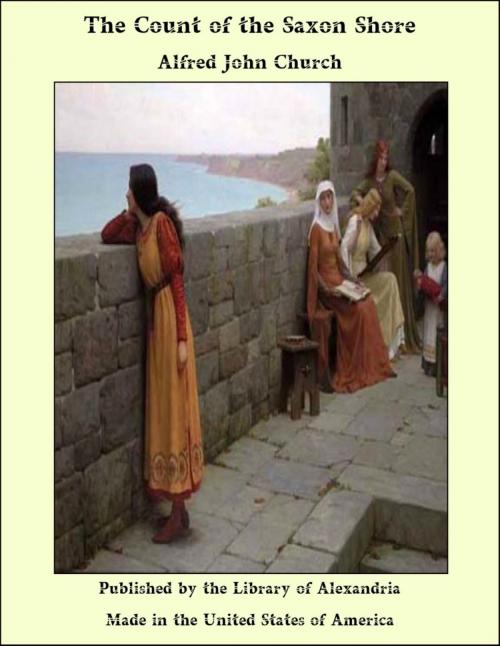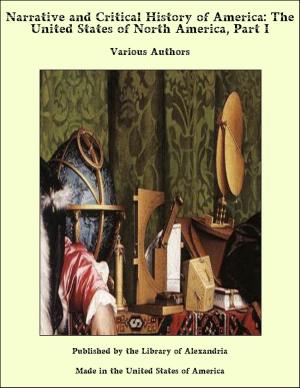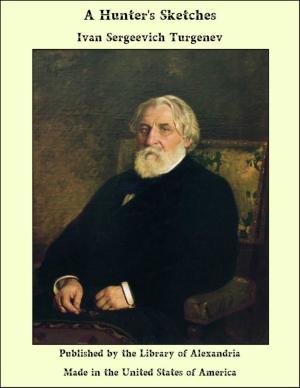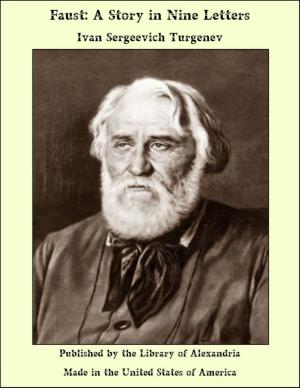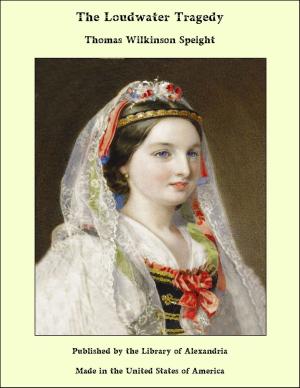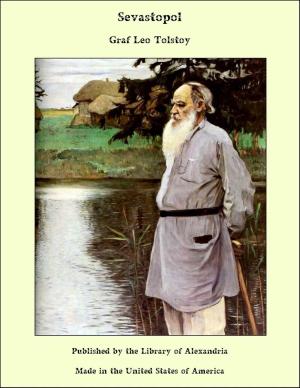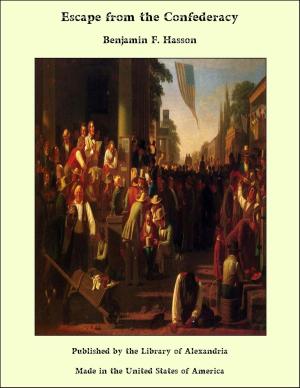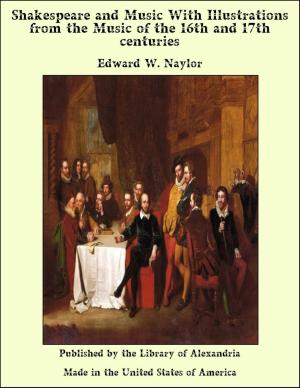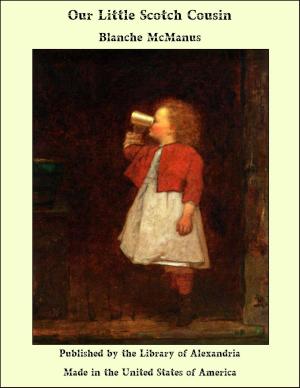The Count of the Saxon Shore
Nonfiction, Religion & Spirituality, New Age, History, Fiction & Literature| Author: | Alfred John Church | ISBN: | 9781465590190 |
| Publisher: | Library of Alexandria | Publication: | March 8, 2015 |
| Imprint: | Language: | English |
| Author: | Alfred John Church |
| ISBN: | 9781465590190 |
| Publisher: | Library of Alexandria |
| Publication: | March 8, 2015 |
| Imprint: | |
| Language: | English |
“Hail! Cæsar Emperor, the starving salute thee!” and the speaker made a military salute to a silver coin, evidently brand-new from the mint (which did not seem, by the way, to turn out very good work), and bearing the superscription, “Gratianus Cæsar Imperator Felicissimus.” He was a soldier of middle age, whose jovial face did not show any sign of the fate which he professed to have so narrowly escaped, and formed one of a group which was lounging about the Quæstorium, or, as we may put it, the paymaster’s office of the camp at the head of the Great Harbour. A very curious medley of nationalities was that group. There were Gauls; there were Germans from the Rhine bank, some of them of the pure Teuton type, with fair complexions, bright blue eyes, and reddish golden hair, and remarkably tall of stature, others showing an admixture of the Celtic blood of their Gallic neighbours in their dark hair and hazel eyes; there were swarthy Spaniards, fierce-looking men from the Eastern Adriatic, showing some signs of Greek parentage in their regular features and graceful figures; there were two or three who seemed to have an admixture of Asian or even African blood in them; it might be said, in fact, there were representatives of every province of the Empire, Italy only excepted. They had been just receiving their pay, long in arrear, and now considerably short of the proper amount, and containing not a few coins which the receivers seemed to think of doubtful value. “Let me look at his Imperial Majesty,” said another speaker; and he scanned the features of the new Cæsar—features never very dignified, and certainly not flattered by the rude coinage—with something like contempt. “Well, he does not look exactly as a Cæsar should; but what does it matter? This will go down with Rufus at the wine-shop and Priscus the sausage-seller, as well as the head of the great Augustus himself.” “Ah!” said a third speaker, picking out from a handful of silver a coin which bore the head of Theodosius, “this was an Emperor worth fighting under. I made my first campaign with him against Maximus, another British Cæsar, by the way; and he was every inch a soldier. If his son were like him things would be smoother than they are.” “Do you think,” said the second speaker, after first throwing a cautious glance to see whether any officer of rank was in hearing—“do you think we have made a change for the better from Marcus? He at all events used to be more liberal with his money than his present majesty. You remember he gave us ten silver pieces each. Now we don’t even get our proper pay.” “Marcus, my dear fellow,” said the other speaker, “had a full military chest to draw upon, and it was not difficult to be generous. Gratianus has to squeeze every denarius out of the citizens. I heard them say, when the money came into the camp yesterday, that it was a loan from the Londinium merchants. I wonder what interest they will get, and when they will see the principal again.” “Hang the fat rascals!” said the other. “Why should they sleep soft, and eat and drink the best of everything, while we poor soldiers, who keep them and their money-bags safe, have to go bare and hungry?”
“Hail! Cæsar Emperor, the starving salute thee!” and the speaker made a military salute to a silver coin, evidently brand-new from the mint (which did not seem, by the way, to turn out very good work), and bearing the superscription, “Gratianus Cæsar Imperator Felicissimus.” He was a soldier of middle age, whose jovial face did not show any sign of the fate which he professed to have so narrowly escaped, and formed one of a group which was lounging about the Quæstorium, or, as we may put it, the paymaster’s office of the camp at the head of the Great Harbour. A very curious medley of nationalities was that group. There were Gauls; there were Germans from the Rhine bank, some of them of the pure Teuton type, with fair complexions, bright blue eyes, and reddish golden hair, and remarkably tall of stature, others showing an admixture of the Celtic blood of their Gallic neighbours in their dark hair and hazel eyes; there were swarthy Spaniards, fierce-looking men from the Eastern Adriatic, showing some signs of Greek parentage in their regular features and graceful figures; there were two or three who seemed to have an admixture of Asian or even African blood in them; it might be said, in fact, there were representatives of every province of the Empire, Italy only excepted. They had been just receiving their pay, long in arrear, and now considerably short of the proper amount, and containing not a few coins which the receivers seemed to think of doubtful value. “Let me look at his Imperial Majesty,” said another speaker; and he scanned the features of the new Cæsar—features never very dignified, and certainly not flattered by the rude coinage—with something like contempt. “Well, he does not look exactly as a Cæsar should; but what does it matter? This will go down with Rufus at the wine-shop and Priscus the sausage-seller, as well as the head of the great Augustus himself.” “Ah!” said a third speaker, picking out from a handful of silver a coin which bore the head of Theodosius, “this was an Emperor worth fighting under. I made my first campaign with him against Maximus, another British Cæsar, by the way; and he was every inch a soldier. If his son were like him things would be smoother than they are.” “Do you think,” said the second speaker, after first throwing a cautious glance to see whether any officer of rank was in hearing—“do you think we have made a change for the better from Marcus? He at all events used to be more liberal with his money than his present majesty. You remember he gave us ten silver pieces each. Now we don’t even get our proper pay.” “Marcus, my dear fellow,” said the other speaker, “had a full military chest to draw upon, and it was not difficult to be generous. Gratianus has to squeeze every denarius out of the citizens. I heard them say, when the money came into the camp yesterday, that it was a loan from the Londinium merchants. I wonder what interest they will get, and when they will see the principal again.” “Hang the fat rascals!” said the other. “Why should they sleep soft, and eat and drink the best of everything, while we poor soldiers, who keep them and their money-bags safe, have to go bare and hungry?”
